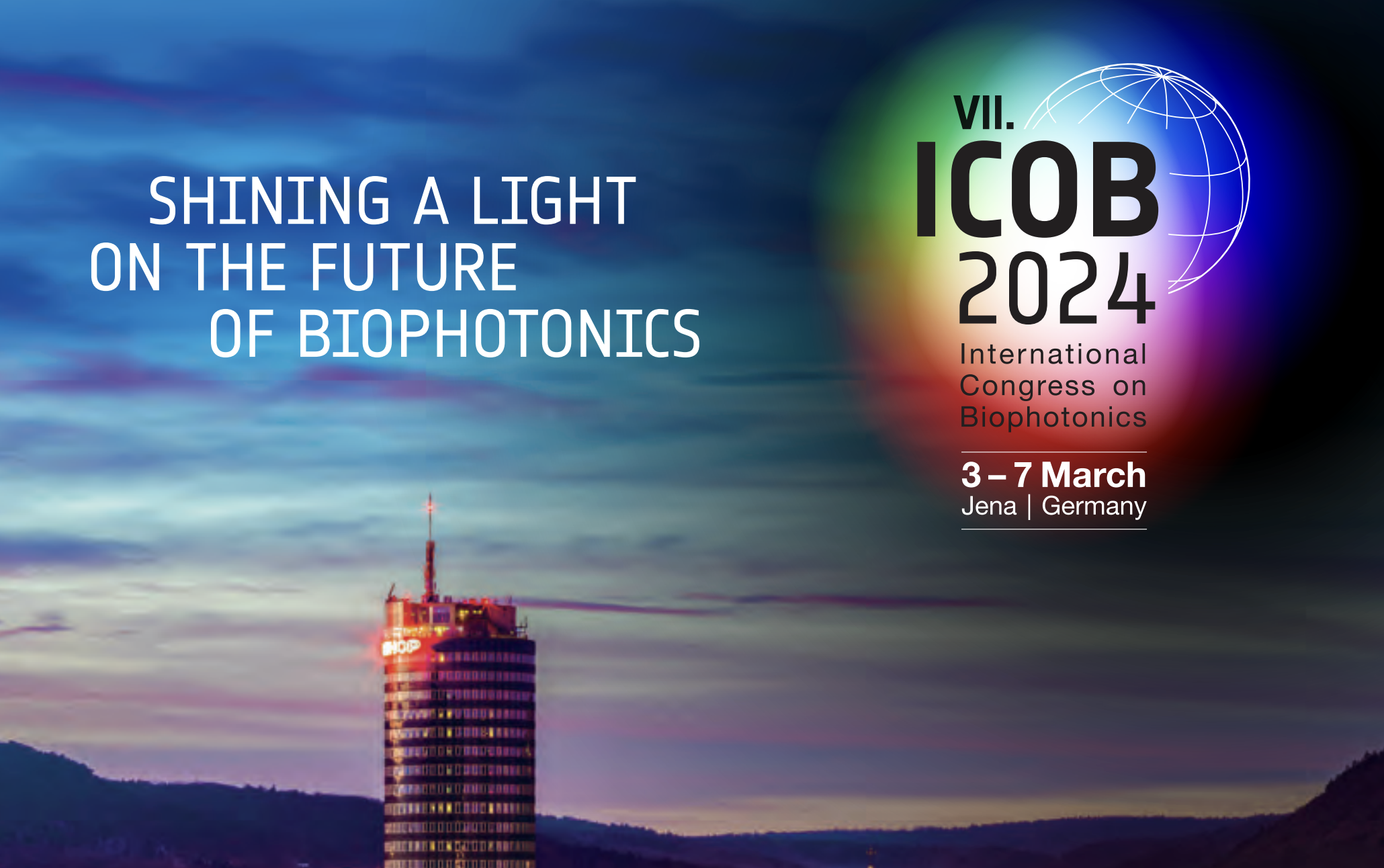Federal Research Minister: New Leibniz Center in Jena revolutionizes diagnostics and treatment of infectious diseases

Tackling infectious diseases with optical technologies: Federal Ministry of Education and Research funds new Leibniz Center for Photonics in Infection Research with unique infrastructure
In March, the Leibniz Center for Photonics in Infection Research (LPI) in Jena will start setting up the user-open translational infrastructure for photonic and optical technologies, in which fundamentally new solutions for the diagnosis, monitoring and therapy of infections will be researched and developed in order to rapidly transfer them into routine application. In the coming years, parallel to the technological infrastructure, the management structures will be established and the planning for the construction will be advanced. The LPI will receive a total of 124 million euros in funding from the German Federal Ministry of Education and Research (BMBF) until construction is completed. Groundbreaking is scheduled for spring 2024 – completion is planned for 2027. By then, novel spectral optical imaging technologies and chip-based methods will already be established in five related projects.
Federal Research Minister Anja Karliczek explains:
“Our joint efforts against the Corona pandemic show us time and again the innovative power that lies within Germany as a research location. The Leibniz Center for Photonics in Infection Research will use optical methods to break new ground in the diagnosis and treatment of infectious diseases, which are urgently needed to combat them. Many patients will benefit from these important developments for Germany as a medical location. With the LPI, we are also creating the framework for the globally unique interaction of excellent photonics research and innovative technology for state-of-the-art diagnostic methods and direct therapeutic application on patients.
I am very pleased that the Jena center is now establishing innovative imaging platforms in a first of five projects that use light as a tool for the diagnosis of infectious diseases. We are funding these artificial intelligence-based optical technologies with around 14 million euros in this first project.”
Prof. Dr. Jürgen Popp, scientific director of Leibniz IPHT and LPI spokesperson, adds:
“We are complementing state-of-the-art technologies with new photonic processes that do not yet exist today. Users from science and industry thus have access to the broad spectrum of unique light-based methods in combination with all available technologies to implement solutions for biomedical problems. We are bringing excellent research, technology development and clinical practice closer together. In this way, LPI will also enable small and medium-sized companies to achieve standardized results more quickly. Because not every small company has to reinvent the wheel.”
Background:
The BMBF is funding the LPI 100 percent as part of the National Roadmap for Research Infrastructures with a total of 124 million euros until construction is completed. LPI’s partners are the Leibniz Institute of Photonic Technology (Leibniz IPHT), Jena University Hospital (UKJ), Friedrich Schiller University Jena (FSU) and the Leibniz Institute for Natural Product Research and Infection Biology — Hans Knöll Institute (Leibniz HKI).
With the project currently underway and funding of 13.7 million euros, LPI is now starting research and implementation of photonic basic technologies — i.e. methods and processes that use light as a tool — for the center. These already application-oriented solutions will be adapted to medical needs. The diagnostic tools allow a fast, reliable and cultivation-free identification of pathogens, resistance as well as immune response.
Parallel to the content-related activities, Jena University Hospital starts with the planning of the construction. In the future, the basic technologies together with the latest commercial technologies will form the outstanding infrastructure of the LPI at the scientific location of Jena. The LPI will be open to research, industry and medicine. Development will range from applied research to market maturity. This comprehensive approach will enable solutions for the diagnosis, monitoring and therapy of infectious diseases to be efficiently transferred to everyday medical practice. The aim is for groundbreaking findings from the laboratory to reach people more quickly as a result.
As a nationally and internationally open user platform for novel photonic solutions for infection research, LPI is intended to help implement research results more efficiently and shorten development times. Diagnostic procedures and therapies should thus become available more quickly and thus reach patients sooner to tackle infections.



